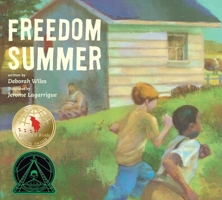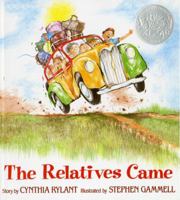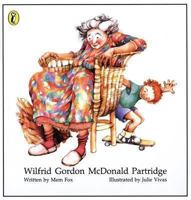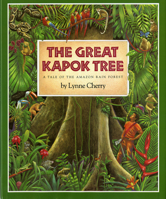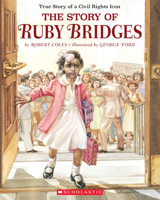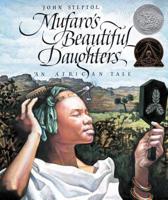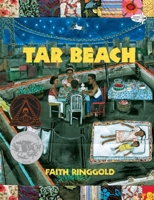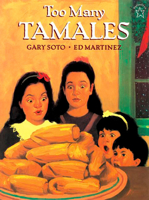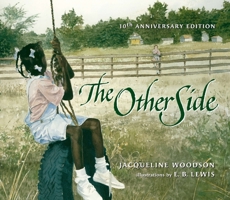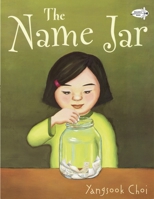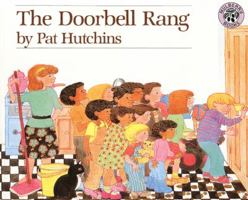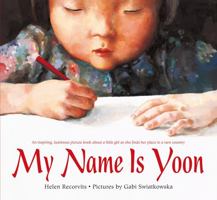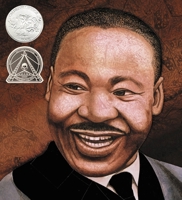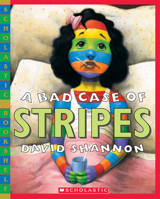Book Overview
Related Subjects
Civil Rights Civil Rights & Liberties English Literature Ethics Ethics & Morality Europe History History & Surveys Humanities Literature Philosophy Political History Political Science Politics & Government Politics & Social Sciences Short Stories Social Philosophy Social Sciences Specific Topics Textbooks Utilitarianism WalesYou Might Also Enjoy
Customer Reviews
Rated 5 starsSilent and Invisible
Other reviews here have touched on some of the specific points made in the book, so I would like to share instead my personal reaction to this book. What struck me the most is the tension running through each chapter between community and coercion. The very early history of schools for the deaf in the United States is inseparable from the growing introduction in the early nineteenth century of the expert management of civil...
0Report
Rated 5 starsT Eggink's and M Walsh's Reviews of Deaf Culture
Inside Deaf Culture chronicles and engages the emergence and acceptance of the concept of Deaf culture. Padden and Humphries situate themselves as children of a historical period during which the idea of Deaf culture had not yet emerged, while asserting that Deaf culture did already exist as a culture. As the debate over Deaf culture and language arose during their college years, their account of the history and development...
0Report
Rated 5 starsGreat insight into the history and emergence of Deaf Culture
Inside Deaf Culture examines the history of the deaf community and the emergence of Deaf culture. This history encompasses the institutionalization of deaf children in special schools, the Deaf clubs that provided a space for advocacy and socializing, the Deaf performances that acknowledged and encouraged the creativity through sign, and the debates within and out of the Deaf community about Deaf culture and the legitimacy...
0Report
Rated 5 starsInside Deaf Culture
Inside Deaf Culture presents a beautifully well-written, grounded, and historical exploration of Deaf culture. The book is in part about ASL as a medium for cultural expression. It is also about the history of Deaf culture, its struggle for recognition and struggle with questions of what it means to be a culture. Culture cannot be defined by a dictionary nor reduced to theatrical performance. Rather, it is practices in...
0Report
Rated 5 starsInside Deaf Culture (2005)
Inside Deaf Culture; Cambridge, Mass.: Harvard University Press, 224 pages Inside Deaf Culture is written by two well-known professors of ASL and Deaf Studies. Both authors are Deaf and in the later chapters, discuss their different backgrounds. I would recommend this book to anyone studying Deaf Culture, ASL, linguistics, anthropology, social change in America, Deaf people, parents of Deaf children, educators and any...
0Report















